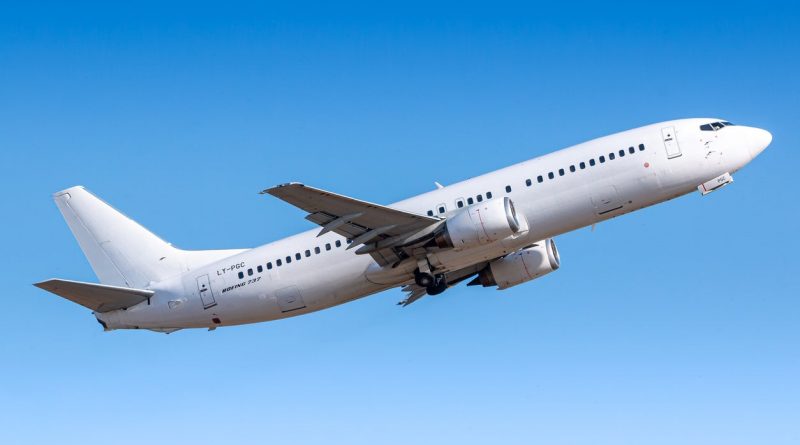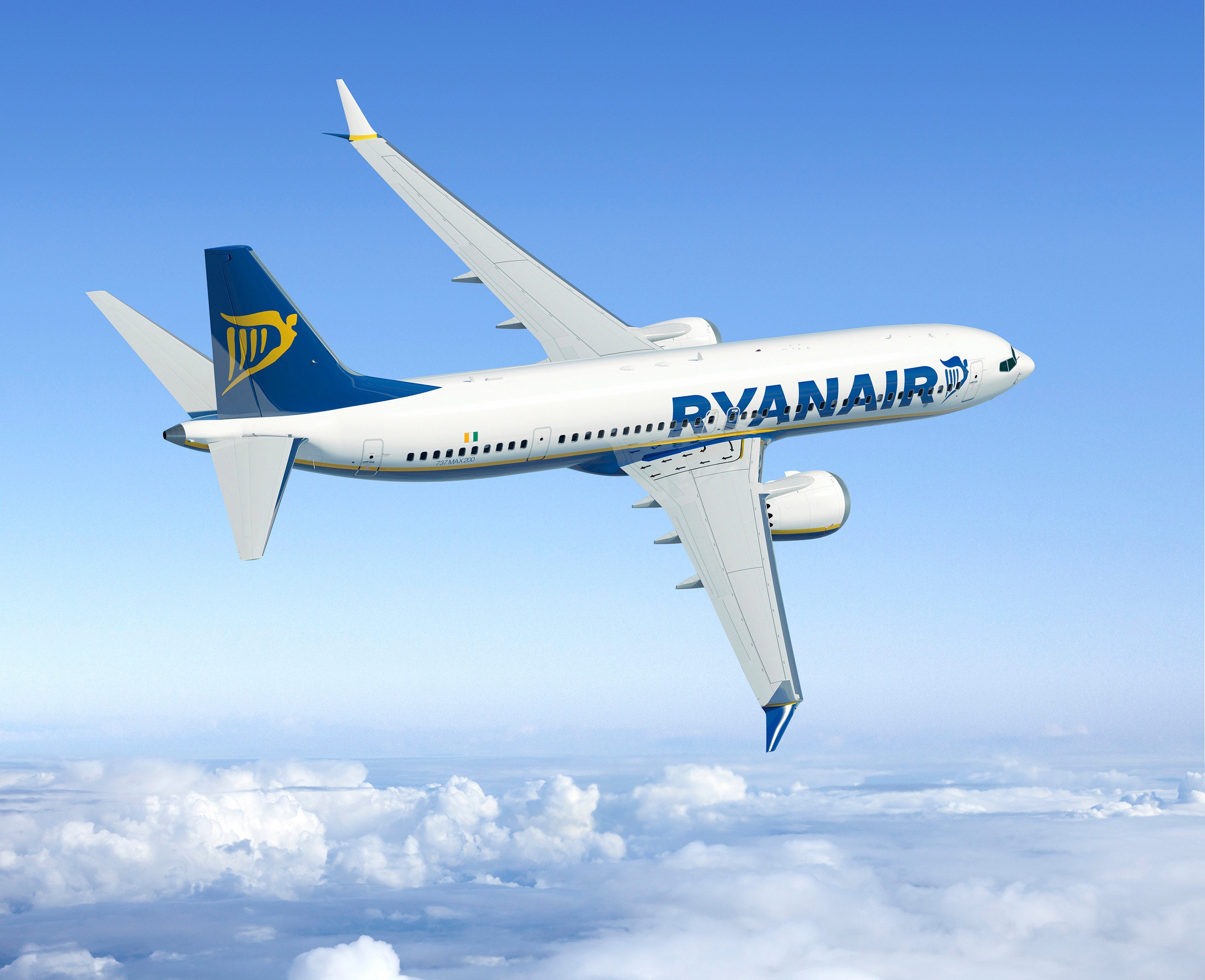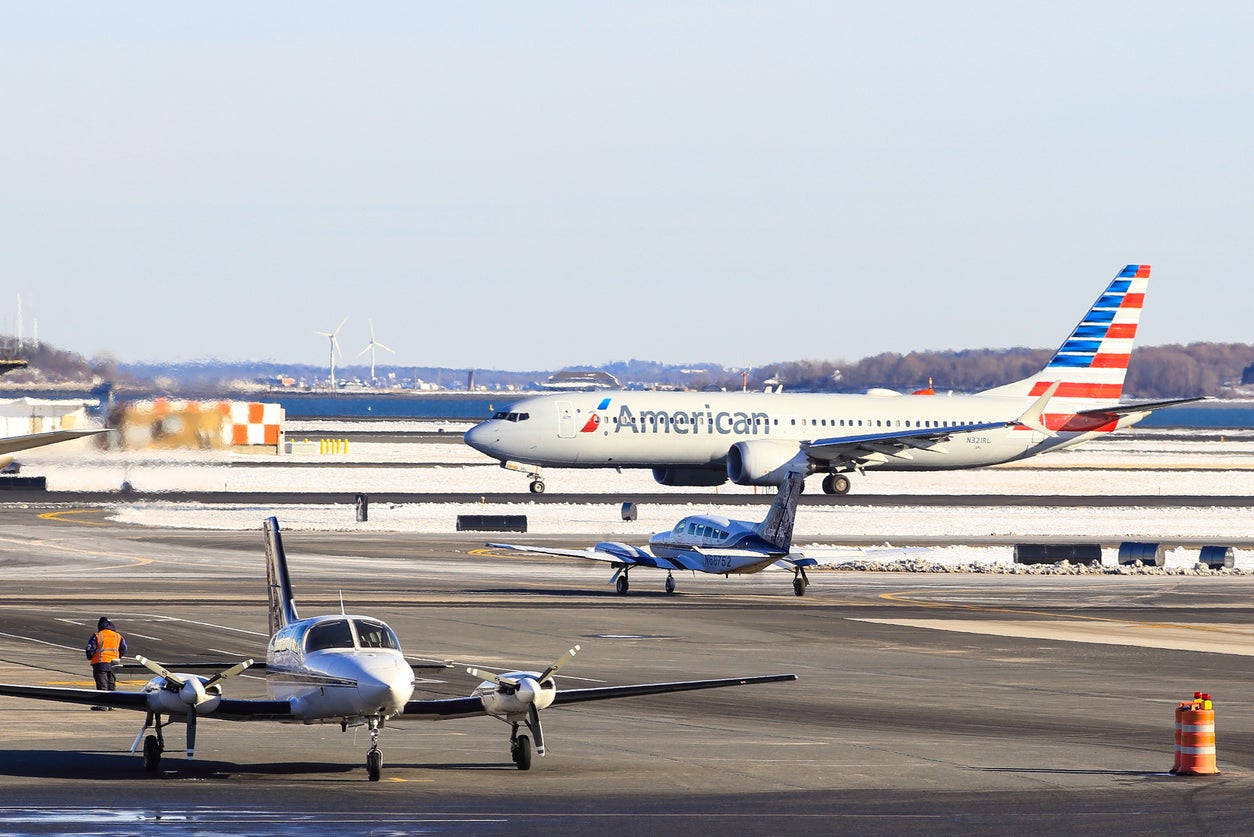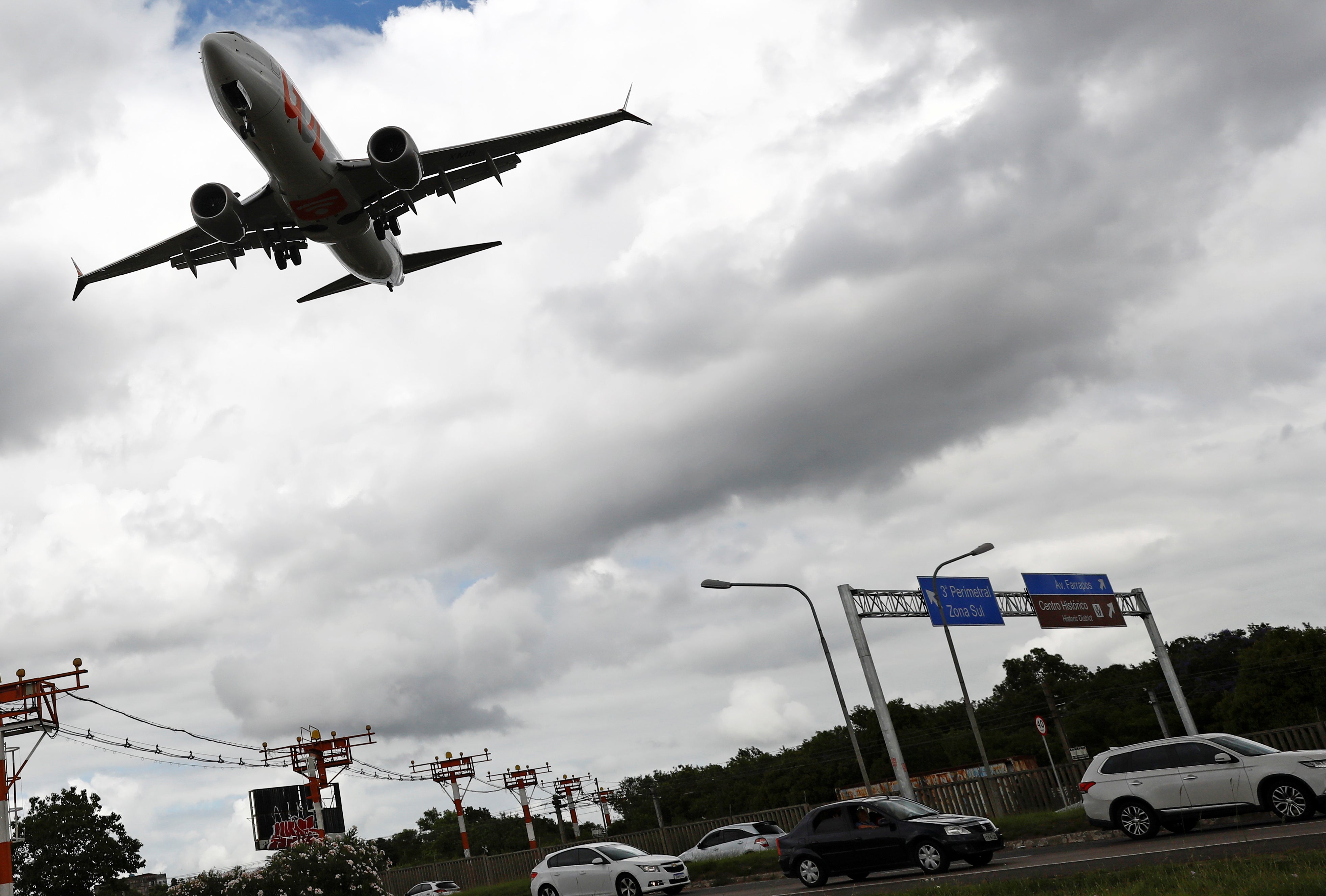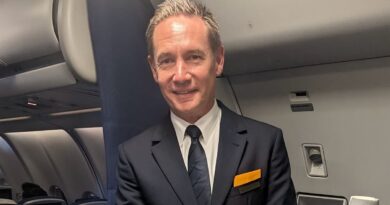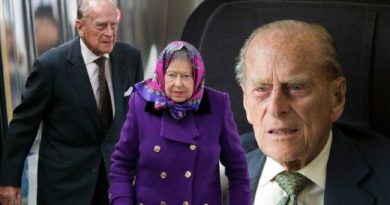Boeing will pay $2.5bn to settle Max jet criminal conspiracy charge
Boeing is set to pay $2.5bn (£1.84bn) to settle a criminal conspiracy charge for misleading regulators about the safety of its 737 Max aircraft, which was grounded for almost two years following two deadly crashes.
The settlement announced on Thursday is part of a three-year deferred prosecution agreement with the US Department of Justice, Boeing said.
Boeing will pay a $243.6m (£179m) fine, $1.77bn (£1.3bn) in compensation to airlines that were unable to use their Max jets while they were grounded, and $500m (£367.78m) into a fund for the families of passengers who were killed in the crashes as part of the agreement.
Provided that the planemaker “abides by the obligations set forth” in the agreement, the charge will be dismissed after the three year period.
Prosecutors said Boeing employees concealed important information about the plane from the Federal Aviation Administration (FAA), then covered up their actions.
“The misleading statements, half-truths, and omissions communicated by Boeing employees to the FAA impeded the government’s ability to ensure the safety of the flying public,” said Erin Nealy Cox, the US Attorney in Dallas.
“Boeing’s employees chose the path of profit over candor,” said David Burns, acting assistant attorney general for the Justice Department’s criminal division.
INDY/GO Weekly Newsletter
TIME TO TRAVEL!
Read our full mailing list consent terms here
INDY/GO Weekly Newsletter
TIME TO TRAVEL!
Read our full mailing list consent terms here
Boeing admitted in court filings that two of its technical pilot experts deceived the FAA about a flight-control system called the Maneuvering Characteristics Augmentation System, or MCAS, that could point a plane’s nose down if sensors indicated the plane might be in danger of an aerodynamic stall – that it might fall from the sky.
The planemaker was said to have downplayed the significance of the MCAS and didn’t mention it in aeroplane manuals. Not all pilots received training on the system either.
David L. Calhoun, Boeing president and chief executive officer, said in a note to employees: “I firmly believe that entering into this resolution is the right thing for us to do – a step that appropriately acknowledges how we fell short of our values and expectations. This resolution is a serious reminder to all of us of how critical our obligation of transparency to regulators is, and the consequences that our company can face if any one of us falls short of those expectations.”
Read more
In the two fatal crashes involving the 737 Max – the Lion Air flight on 29 October 2018 and Ethiopian Airlines flight on 10 March 2019 – the MCAS was activated by a faulty reading from a single sensor. In both cases, the system repeatedly pushed the planes’ noses down and the pilots were not able to regain control of the aircraft.
The model was grounded in March 2019 following the second fatal crash.
After delays due to the coronavirus pandemic, the Boeing 737 Max was cleared to fly again in the US in November 2020.
As part of the return to certification, Boeing changed the MCAS so that it always uses two sensors. A number of other changes were also made to make the automated system less powerful and easier for pilots to override. Additional pilot training was also required by the FAA.
The first 737 Max flight in the US for almost two years took off shortly after Christmas, with the aircraft now operating daily flights.
The UK and European regulators have yet to recertify the aircraft but are expected to follow suit in hte next few months.
Source: Read Full Article
